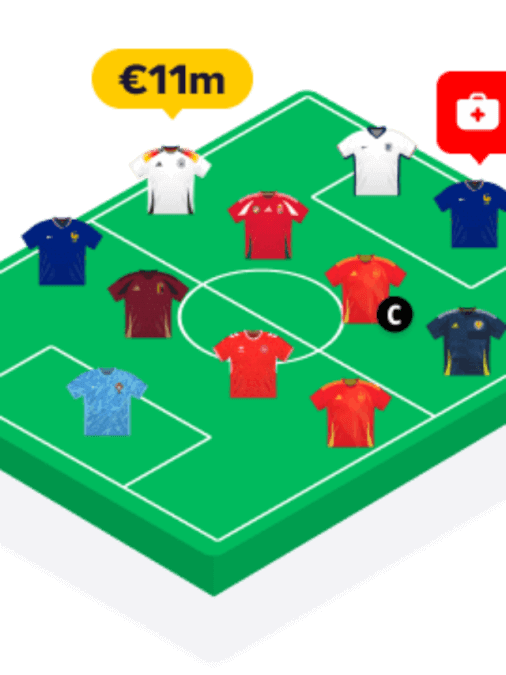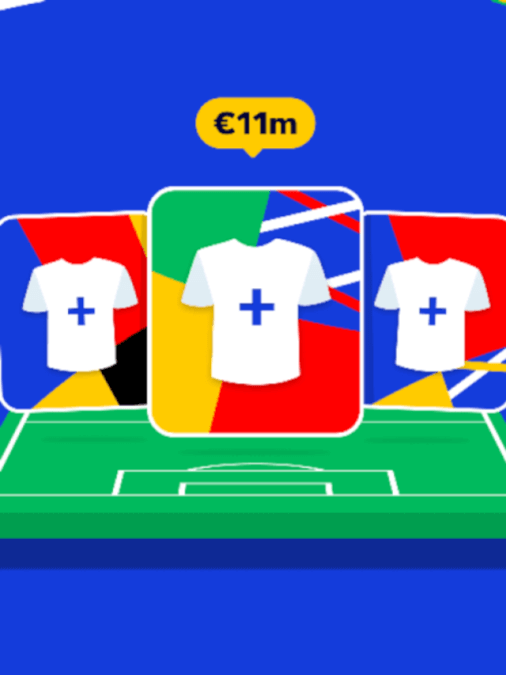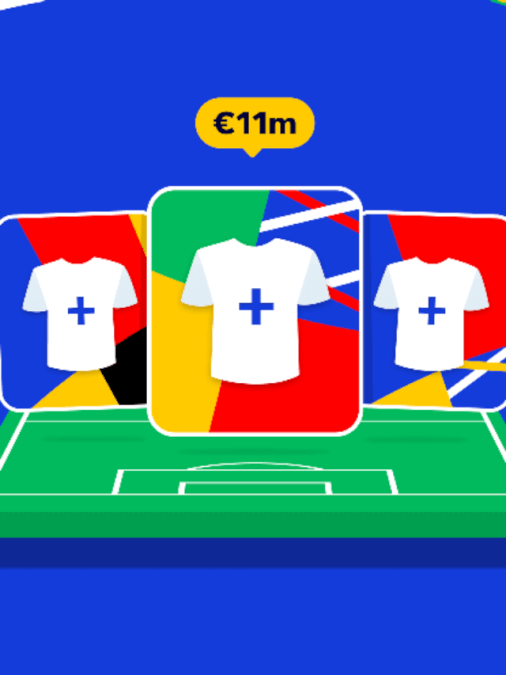Hydration plays a pivotal role in the performance, endurance, and recovery of football players. Staying hydrated not only helps regulate body temperature, but it also impacts energy levels, cognitive function, and muscle recovery.
In this article, we will explore the science behind hydration, how it impacts football performance, and practical strategies for staying properly hydrated.
The Science Behind Hydration and Football Performance
How Hydration Affects the Body
When you play football, your body loses fluids through sweat, and this fluid loss must be replaced to maintain peak performance.
Water regulates body temperature, keeps joints lubricated, and supports muscle function, all of which are crucial during intense football training sessions or matches.
In addition to water, electrolytes like sodium, potassium, and chloride help maintain the balance of fluids inside and outside your cells.
When you’re dehydrated, this balance is disrupted, leading to muscle cramps, fatigue, and even dizziness. Using hydration tips for football players can help maintain this critical balance, and understanding how to manage your hydration levels with the right mix of water and electrolytes is key to performing at your best.
Explore how you can calculate hydration needs for athletes with this hydration calculator to personalize your fluid intake.
Hydration’s Impact on Endurance and Energy Levels
Football requires sustained bursts of energy, often for 90 minutes or more. Dehydration, even at mild levels (2-3% loss of body weight through sweat), can reduce endurance and significantly impact energy levels.
This can cause slower reaction times, poor decision-making, and overall lower performance on the pitch.
For young athletes, it’s vital to follow a hydration plan for young athletes to maintain stamina and avoid the negative effects of dehydration.
Additionally, hydrating properly can help players avoid unnecessary fatigue during a match, improving their ability to last until the final whistle.
For more on nutrition and energy boosting strategies, check out our top 10 energy-boosting foods for young footballers.
Cognitive Function and Decision-Making on the Field
Hydration doesn’t only affect physical performance; it also has a direct impact on cognitive function. Football players rely on sharp decision-making, quick reflexes, and mental clarity during a game.
Dehydration can impair concentration, making it harder to stay focused and make the right plays.
By staying hydrated with proper fluids, football players can maintain mental sharpness, helping them make split-second decisions that could be the difference between winning and losing.
Ensuring you include hydration in your football training session plans can boost cognitive function alongside physical endurance.
For more on the role of nutrition in mental sharpness, read our article on the connection between nutrition and mental focus in young athletes.
Hydration and Recovery: Rebuilding After Intense Sessions
Muscle Recovery and Repair
Proper hydration post-game or post-training session is vital for recovery. It aids in muscle repair and replenishes the fluids lost through sweat.
Dehydration can prolong muscle soreness and delay recovery, making it harder for players to get back to optimal condition for the next training session.
Encouraging young athletes to drink water or electrolyte-replenishing drinks after a match is essential for recovery.
Check out our guide on post-game recovery: the best foods to recharge young athletes, which offers advice on what to eat and drink after intense activity.
Managing Fatigue and Reducing Injury Risk
Proper hydration helps manage fatigue and reduces the risk of injury, especially during prolonged football tournaments or intensive training periods. Players who are hydrated are less likely to suffer from cramps, sprains, or heat-related issues.
For more on how hydration fits into tournament nutrition, see why young footballers need a balanced diet during tournaments.
Personalized Hydration Needs for Football Players
Factors That Affect Hydration Needs
Several factors can influence how much water or electrolyte fluids a footballer needs. These factors include:
- Age
- Body weight
- Game duration
- Weather conditions (hot or humid environments require more hydration)
It’s essential to consider these variables when creating a hydration plan. Young footballers, for instance, should adjust their hydration levels based on match intensity and environmental conditions. Using tools like a hydration calculator can provide personalized recommendations.
For more hydration hacks and practical tips, explore hydration hacks for young footballers: what to drink and when.
Using the Hydration Calculator
A useful resource for determining your hydration needs is the sports hydration calculator, which allows you to input personal factors like weight, duration of the game, and sweat rate to calculate your optimal hydration levels.
Practical Hydration Strategies for Football Players
Pre-Game Hydration
It’s recommended to drink water two to three hours before a match to ensure you’re well-hydrated by the time the game starts. This helps prevent dehydration and ensures that your body has time to absorb the water.
For more tips on preparing for game day, check out our article on creating a game-day nutrition kit.
Hydration During the Game
Football players should drink small amounts of water or electrolyte drinks at regular intervals, especially during halftime or breaks. It’s important to avoid drinking too much at once, as this can lead to stomach discomfort.
Post-Game Rehydration
Post-game rehydration is just as important as pre-game hydration. After a match, players should focus on replenishing lost fluids and electrolytes to aid recovery.
For further recovery tips, you can explore our full guide on post-game nutrition and recovery for young footballers.
Common Hydration Mistakes to Avoid
- Not Drinking Enough Before a Game: Many players forget to drink water before the match, leading to early fatigue.
- Ignoring Electrolytes: Electrolytes are crucial for fluid balance. Water alone isn’t enough to maintain the body’s electrolyte levels during intense exercise.
- Overhydration: Drinking excessive water without replacing electrolytes can lead to hyponatremia, a condition where sodium levels in the blood become too low.
Key Takeaways:
| Topic | Key Points |
|---|---|
| Hydration and Performance | Impacts endurance, reaction time, and focus. |
| Hydration and Recovery | Aids muscle repair and prevents fatigue. |
| Personalized Hydration Needs | Influenced by age, weight, and environment. |
| Practical Hydration Strategies | Drink before, during, and after a match. |
| Common Mistakes | Avoid not drinking enough or relying only on water. |
For more nutrition and hydration strategies, don’t miss our complete guide on seasonal nutrition for young footballers and ensure your young athletes stay hydrated and fuelled year-round.
By incorporating these hydration strategies, players can optimize their football training sessions, perform at their peak, and recover faster, allowing them to thrive on and off the pitch.









